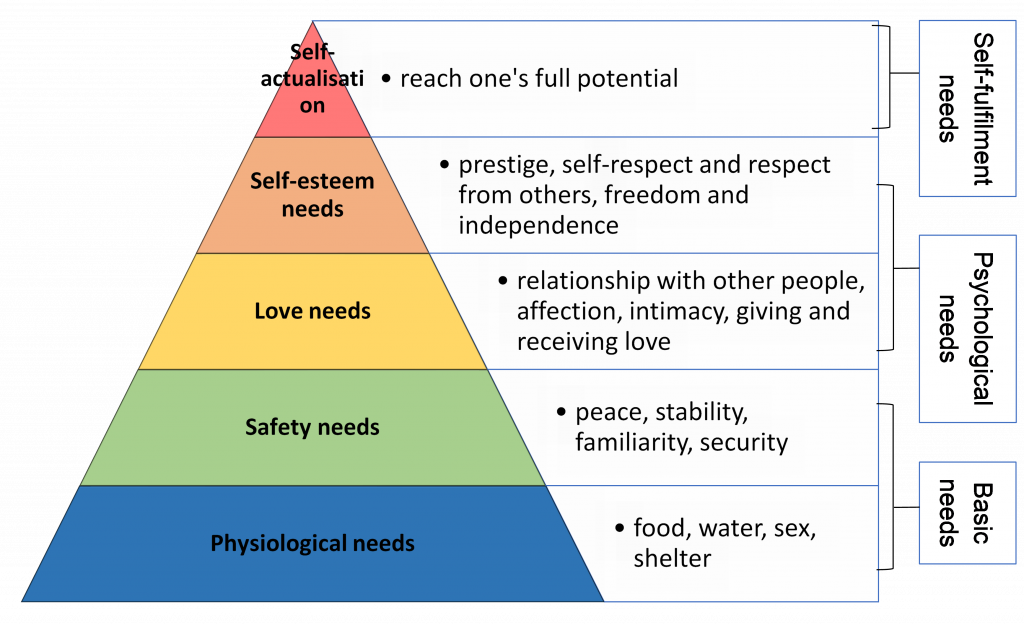
English and Finnish approaches to homelessness
Cicy is a graduate of the University of Birmingham’s School of Social Policy. She was supported in her final year dissertation research with the Jane Slowey Memorial Bursary from Commonweal in 2020.
The Jane Slowey Memorial Bursary has helped me in every possible way imaginable. On top of lifting the financial burden of the final year off my shoulders, I was provided with access to support and contact information of key stakeholders. Commencing my dissertation I was provided with the opportunity to discuss my ideas with influential members of the sector, and I felt not only honoured but empowered too. The faith Commonweal Housing has put into my dissertation made me feel capable of completing the dissertation and dedicated to produce a spectacular piece of research.
My dissertation aimed to find out whether there is a difference between the Finnish and English public attitudes towards homelessness, and if so, whether it can be used as an explanatory factor for the different levels of homelessness in these two countries.
Data was gathered using online surveying and data analysis was carried out on 182 responses (146 English and 36 Finnish participants) aged 18-25. I performed quantitative analysis using a statistical software called IBM SPSS Statistics, and used five theories to explain results, which were discussed in a thematic analysis. Amongst these five theories was Maslow’s hierarchy of needs, that was used as criteria to evaluate the English and Finnish systems, and to point out weaknesses that could prevent England from reducing the number of homeless people. For example, while Finland’s Housing First approach provides the homeless person with their basic needs (e.g. shelter) to help them overcome personal difficulties, in England the homeless person is often required to have overcome personal difficulties (e.g. addiction) to prove they are worthy of society’s help and be provided with their basic needs.

My research suggests that this difference in policy approach to homelessness impacts the public’s perception of causes of homelessness. English participants pointed out only structural causes of homelessness, in contrast to Finnish respondents, who significantly more often named individual causes of homelessness. This I explained by pointing out that because, in England, homelessness provisions are prioritised and are provided on strict conditions, the public can view this to be the source of the problem. In contrast to Finland’s case, where the strongly funded and accessible homelessness provisions can lead the public to hold individualistic beliefs of causes of homelessness.
Both the English and Finnish participants expressed sympathy as leading emotion upon encountering a homeless person. On top of sympathy, this research has found that the greater the general population’s exposure is to homelessness (rough sleeping and extreme poverty), the greater they are to display defensive feelings and negative attitudes. For example, compared to the Finnish respondents, English participants significantly more often felt cautious and fearful when encountering a homeless person, and were equally more likely to believe that homeless people are rude.

Regardless of emotions and beliefs of causes of homelessness, English participants were equally willing to make personal sacrifices (e.g. pay taxes/more taxes) to improve this social condition. Accordingly, my main argument was that while there are some attitudinal differences, these do not explain the growing number of English and decreasing number of Finnish homeless people, and so my dissertation concludes that other factors, such as governmental prioritisation, could be more significant driving factors.
I enjoyed researching this topic and I am hoping to get my findings published. Being involved with Commonweal Housing has made finding a way to effectively address homelessness grow closer to my heart, and accordingly, I aim to dedicate my time to find a way to make a change. Following my undergraduate studies I will gain work experience before continuing my education at master’s level.
Find out more about the bursary >>
Tagged:
